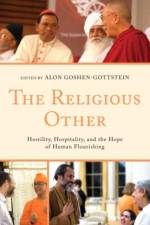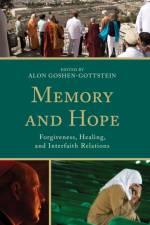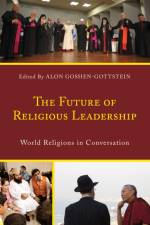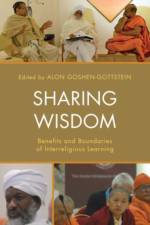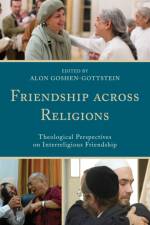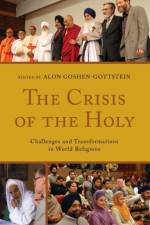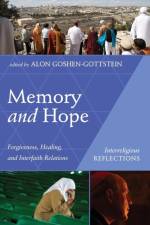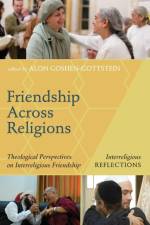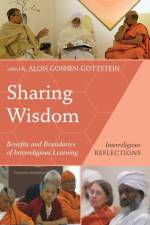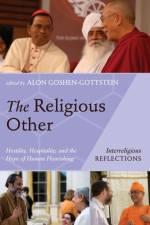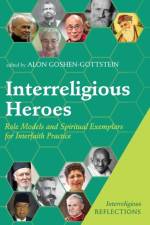277
The essays collected here, prepared by a think tank of the Elijah Interfaith Academy, explore the challenges associated with sharing wisdom--learning, teachings, messages for good living. How should religions go about sharing their wisdom? These chapters, representing six faith tradition (Jewish, Christian, Muslim, Hindu, Sikh, and Buddhist), explore what wisdom means in each of these traditions; why and how it should be shared, internally and externally; and the role of love and forgiveness in sharing. This book offers a theory that can enrich ongoing encounters between members of faith traditions by suggesting a tradition-based practice of sharing wisdom, while preserving the integrity of the teaching and respecting the identity of anyone with whom wisdom is shared.Contributors: Pal Ahluwalia, Timothy Gianotti, Alon Goshen-Gottstein, Sallie B. King, Anantanand Rambachan, Meir Sendor, Miroslav Volf""Alon Goshen-Gottstein has assembled a collection of gem-like essays on the theme of ''sharing wisdom,'' with contributions from brilliant scholars on the nature of wisdom and whether it can be shared outside the traditions, in Christianity, Hinduism, Sikhism, Buddhism, Islam, and Judaism, with a fine summary essay by the editor. The authors are critically sharp about the real differences among the traditions and work hard, as the result of working together, to address one another''s concerns. Love and forgiveness seem to be common conditions for sharing, though even these are interpreted in interestingly different ways. This volume is accessible to beginners and enlighteningly fresh for scholars."" --Robert Neville, Boston University, past president of the American Academy of Religion""How can religions engage with each other in a way that not only respects each other''s integrity but also draws on their depths and brings them into fruitful conversation? Sharing Wisdom is a remarkable response to that question. The distinguished authors together tackle a series of difficult questions posed to their traditions, and they succeed in opening up a wisdom of multiple depths that resonate with each other. Goshen-Gottstein has drawn the strands together with profound sensitivity and perceptiveness."" --David F. Ford, University of CambridgeALON GOSHEN-GOTTSTEIN is founder and director of the Elijah Interfaith Institute. A noted scholar of Jewish studies, he has held academic posts at the Hebrew University of Jerusalem and Tel Aviv University and has served as director of the Center for the Study of Rabbinic Thought, Beit Morasha College, Jerusalem.

